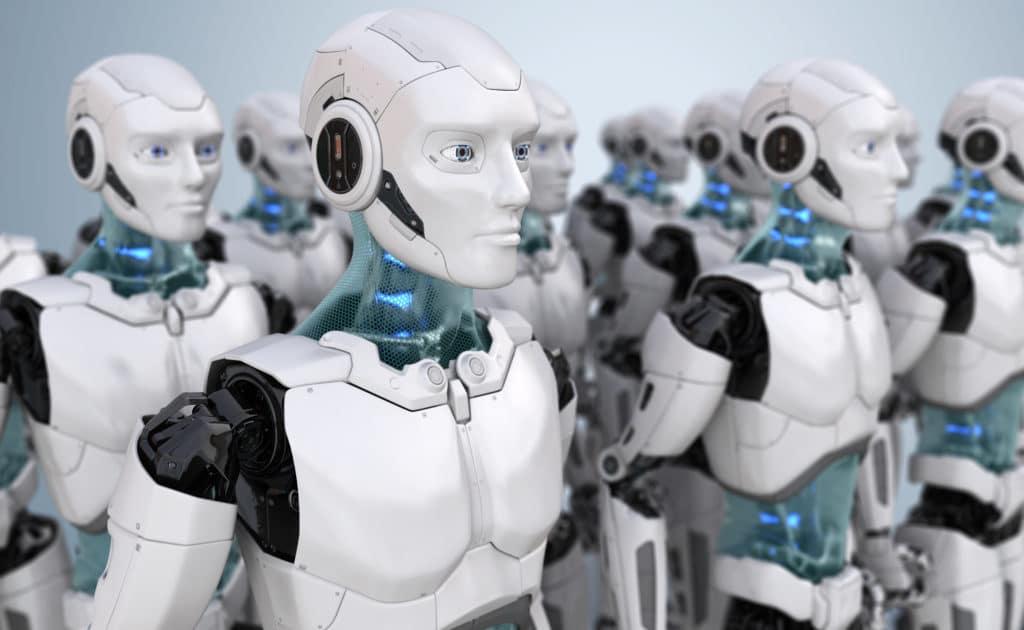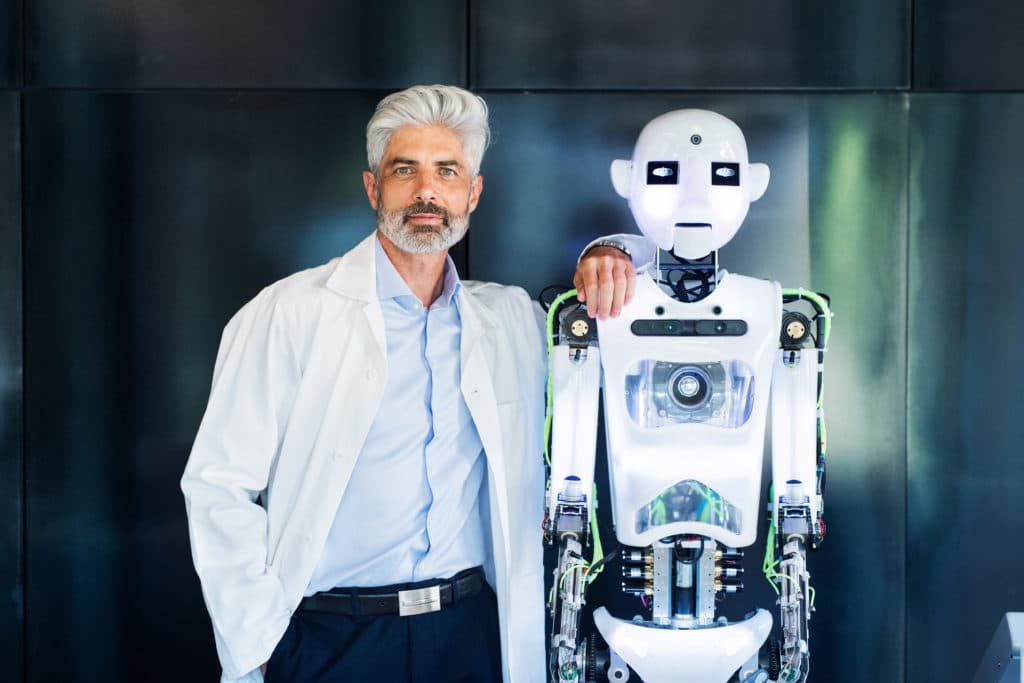Soul Downloading… Please wait.

A psychologist’s reflections on consciousness and artificial intelligence
by Marisa Tschopp, researcher and ambassador for Women in AI Switzerland

Marisa Tschopp is a researcher at scipag and ambassador for Women in AI
Switzerland. Her focus is on conducting research about AI-based systems from a humanities perspective, with a wide range of questions related to psychological phenomena, governance and ethical implications. As an organizational psychologist she has experience in social and educational institutions with specific passion for digital teaching-learning trends, and has been teaching in several higher education institutions in Germany and Switzerland. She published various media articles, books, and papers and is a frequent speaker on conferences and events worldwide. Marisa holds a Master’s degree in Psychology of Excellence in Business and Education from the Ludwig-Maximilians-University of Munich, Germany as well as a BA business degree, focusing on market and consumer psychology.
What is human consciousness? Can machines be conscious?
The new research area of machine consciousness wants to shed light on this enduring myth, integrating a myriad of ethical and social implications that come along. Various scientific disciplines join the debate, from philosophy to physics, contributing valuable insights to the puzzling and fuzzy question, if machine can become or in fact already are, conscious.
When it comes to brain and cognition, research and development have made great progress reconstructing human neuronal structures. Yet in the end one question remains: what brings life to this physiology?
How does the nervous system manage to create consciousness through its functionalities?
A very old, traditional myth of humanity, the classic mind-body problem,
which keeps fascinating humanity for decades.The fire about the mind-body debate is rekindled, when it comes to the question, if consciousness can be attributed to machines, the more they resemble human
architectures.

On Consciousness: Human and machines
When it comes to consciousness, mystery is still the name of the game. Clearly, no acceptable framework exists by now, only many ideas, for example the materialistically coined idea, that the brain creates
consciousness as a form of illusion. Zimbardo and Gerrig define human consciousness as a state of recognizing inner states and the external environment (2008).
Fundamental areas of research in psychology are: Content of consciousness, functions of consciousness, sleep and dream, as well as, altered states of consciousness (hypnosis, hallucinations, drugs, and so on). The role of consciousness can be explained through the lens of the evolutionary perspective as the “survival of the fittest”. Creating consciousness featured new skills such as restrictive reception of information, selective memory and planning function, with the objective to interrupt actions and consider alternatives and consequences (Zimbardo and Gerrig, 2008).
Looking for physical explanations of consciousness, David Chalmers, Professor at the New York University, sees consciousness as some kind of anomaly in sciences: We experience nothing better than our own consciousness, yet there is no objective explanation for it. In his book, The Conscious Mind: In Search of a Fundamental Theory, Chalmers not only works on a theory towards human consciousness, but also discusses the chances and conditions if and how machines can be conscious entities. Using the example of Information Integration Theory of Consciousness (or Theory Phi according to Tononi, 2004), he explains that a system with a high degree of complex information processing analogously is conscious, which consequently also accounts for computers with strong artificial intelligence.
He is convinced, that humanity will have a definite model of consciousness at some point of time, but this requires open-minded researchers with radical ideas, courage, and maybe a hint of insanity, who are willing to engage in constructive controversy.
Scientific research on the topic Machine Consciousness (also called Artificial Consciousness or Digital Sentience), has approached the topic with diverse frameworks of multidisciplinary perspectives. This area of research is in a pre-paradigmatic stadium and hence in a state of exploration, where radical exclusion procedures are counterproductive (Gamez 2008). Gamez differentiates four distinct areas of research on machine consciousness, which move along the continuum of human-machine- comparison: from reproduction and emulation of human behaviour and architecture to the creation of real consciousness as a biological phenomenon. He keeps scientist on board with his fundamental argument that, there is no legit reason, why the physical structure of a computer is less likely to create consciousness, than the physical structures of the brain, keeping in mind the prerequisite that consciousness is a biological phenomenon and not a
spiritual or an illusion (2007).
On the other hand, J. Searle arguments, that a machine will never have a mind or consciousness, because “understanding” is always only simulated. The logic of computers follows a pure formal structure (syntax), which orders symbols according to clear rules and hence only emulates understanding. In contrast to humans, with a mind and consciousness, who are able to attribute meaning and content to words and language (semantics).
If we don’t understand how human consciousness is produced, then it makes little sense to attempt to make a robot phenomenally conscious. (Gamez. S. 892, 2008) Is that really the case? I am not sure about this statement. I believe it is quite reasonable to research both, because even if there are no developments in the area of machine consciousness, or it is proven that machine consciousness does not existent, it will definitely
contribute to the knowledge and frameworks of human consciousness. This will hopefully lead to beneficial developments in the field of health as well as politics and jurisdiction. More knowledge about the benefits and functions of human consciousness, will lead to building better machines and systems, which in turn will serve humanity for our and future generations.
What do you think?

About scip AG
The Titanium Research Team is the highly independent for-profit research department which explores essential issues and innovations in the field of emerging technologies. We pursue an interdisciplinary approach comprising technical and non-technical considerations to guarantee the preparation of our customers in the best possible way. Our research endeavours include a range of projects tapping into various activities such as knowledge building, education, training, consulting and technical & non-technical development. We want to build knowledge, strengthen collaboration between research, industry, policy makers and users in order to explore and comprehend the nature of digitisation and emerging technologies. scip AG is a Swiss company providing consulting services in the field of cybersecurity. Security is our business.





